
Radical Markets
Uprooting Capitalism and Democracy for a Just Society
Recommendation
If you want to disrupt capitalism and end economic disparities, professors Eric A. Posner and E. Glen Weyl offer one possible solution: auctions. A new societal structure based on the auction process, they write, could remedy the causes of economic inequality. Posner and Weyl provide detailed stories, supported by helpful statistics, to explain how auctions could change everything, including property ownership, voting and the use of social media data. The idea of auctioning everything is imaginative and scary, but is it realistic? The authors admit that significant changes to the auction process would be necessary and implementation would be slow, so the whole system would have to evolve over time. But it’s a big idea that might just be radical enough to work. This eye-opening book will engage and maybe even unnerve anyone curious about revolutionary responses to socioeconomic problems.
Summary
About the Authors
Eric A. Posner is a professor at the University of Chicago Law School. E. Glen Weyl is a principal researcher at Microsoft Research and a professor of political economy at Yale University.









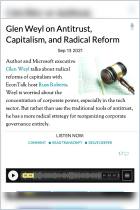
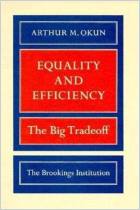
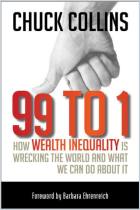
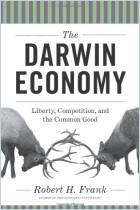
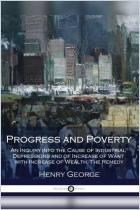
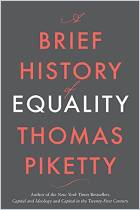
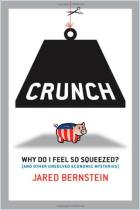
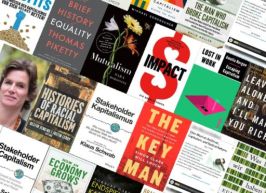



Comment on this summary or Diskussion beginnen